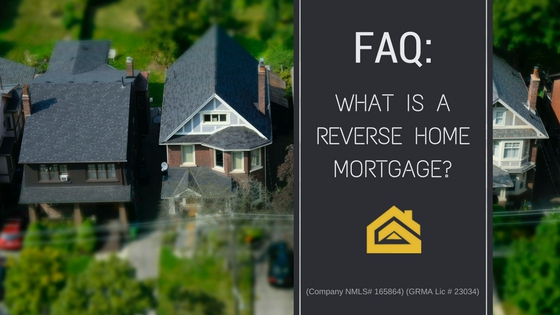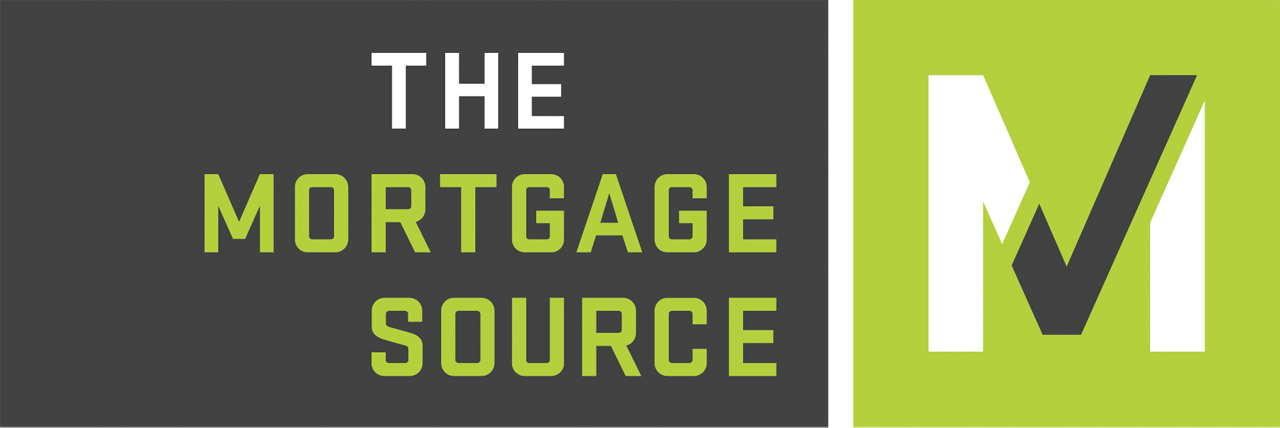

What is a reverse mortgage?
Reverse mortgages are one of the most popular, and one of the most misunderstood mortgages out there.
Some seniors rule out the idea of getting a reverse mortgage based on misconceptions about what it means. Of course, with all significant financial decisions, everyone’s situation is different. Here we will set some of the facts straight about reverse mortgages to help you make an informed decision.
You don’t give up ownership of your home
Some people believe that getting a reverse mortgage means giving up ownership of your home, but counter to this belief, you do NOT sign your home over to a bank or lender. You get to keep the title to your house and keep living there. If you decide to sell you home after getting a reverse mortgage, you get to keep whatever is left from the sale once you pay back the reverse mortgage balance.
Your home can still go to your heirs
When you pass away, your children or other heirs will still get your home, it won’t go to the bank. The heirs can decide whether to pay off the reverse mortgage and keep the home, or sell it. To get all the details about a reverse mortgage, it’s a good idea to ask an expert such as an independent mortgage broker.
Loan and lenders are not equal
With conventional loans, your term, fees, amount, and other details vary depending on the lender. Similarly, choosing the correct lender for a reverse mortgage is important. A licensed independent mortgage broker is your best bet for finding the best terms for your individual situation.
